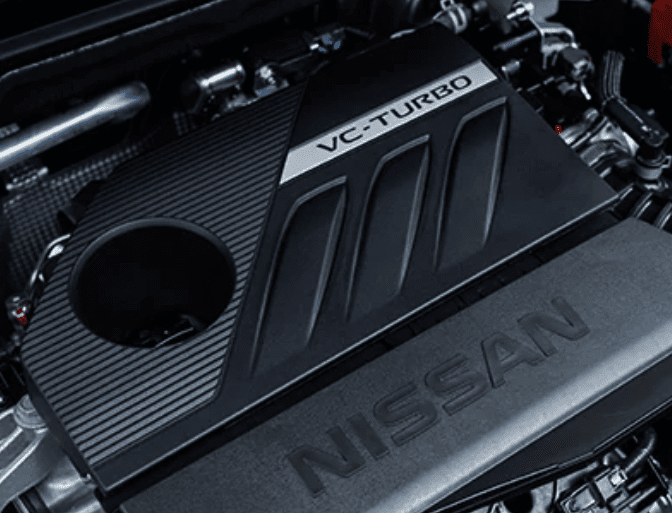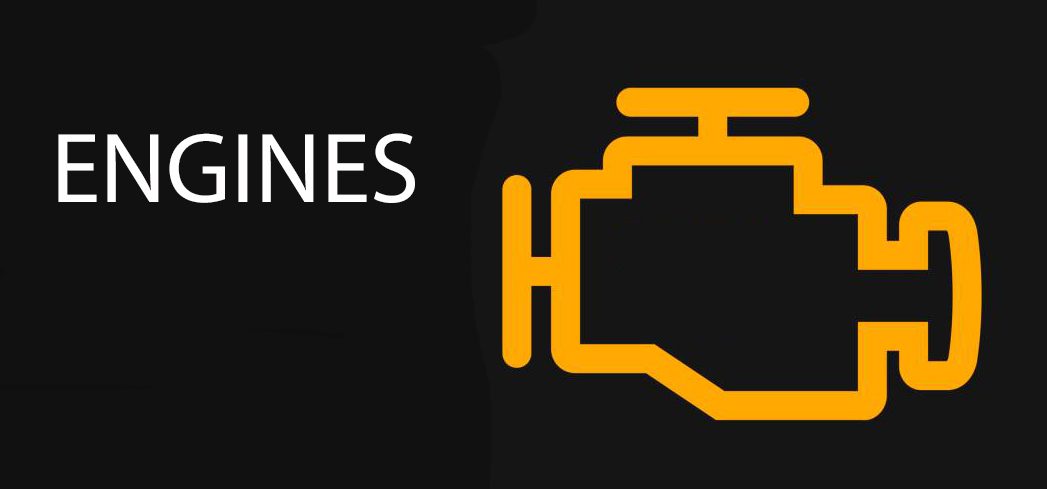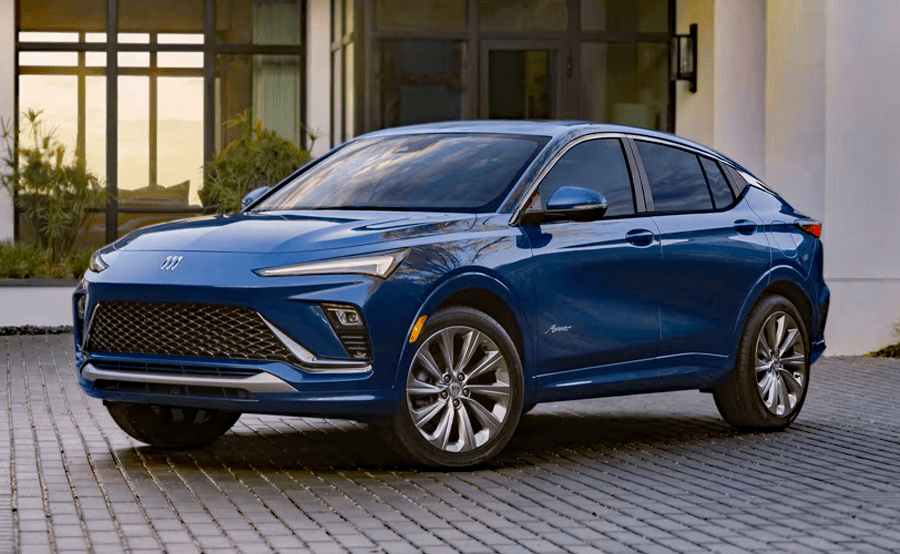Can just 3 cylinders really power a modern crossover?

 Car shoppers with an interest in what’s going on under the hoods of new cars and crossovers likely have a feel for modern engine configurations. Most popular crossovers are powered by turbocharged 4-cylinder engines, or larger-displacement V6s.
Car shoppers with an interest in what’s going on under the hoods of new cars and crossovers likely have a feel for modern engine configurations. Most popular crossovers are powered by turbocharged 4-cylinder engines, or larger-displacement V6s.
–
What is a 3-Cylinder Engine?
Are more cylinders better?
The 2025 Jeep Wrangler, for example, is offered with both a turbocharged 2.0-liter for, or a normally aspirated (not turbocharged) 3.6-liter V6. (The Wrangler is also available with a limited-edition V8.)
And while V8 engines have become rare—at least in affordable vehicles—small turbocharged engines have become increasing popular, most of which are of the 4-cylinder variety.
4-cylinder engines

Americans once shunned 4-cylinder engines, worried that they wouldn’t have the power to accelerate onto the highway, or safely perform a passing maneuver. But years of development have helped carmakers produce potent and efficient small engines that rival the power of V6 and V8 powerplants of only a decade or so ago.
3-cylinder engines
But technology continues to advance, and automakers continue to develop smaller and more fuel-efficient engines, mostly for use in their smallest and most-affordable offerings. One such advancement is the 3-cylinder engine.
Popular in Japan
Now, 3-cylinder engines are not new–they’ve seen use in non-automotive applications for years, and can be found is cars and trucks in markets including Japan—but they have been largely absent from the U.S. market.
Vehicles with 3-cylinder engines
But the quest for fuel economy–and lower production costs–has brought the 3-cylinder to American shoppers, and it is available in a surprising number of vehicles. Here’s a list of 2025 models available with a 3-cylinder engine:
Buick Envista (137-horsepower 1.2L)
Buick Encore (137-horsepower 1.2L, 155-horsepower 1.3L)
Chevrolet Trax (137-horsepower 1.2L)
Chevrolet Trailblazer (137-horsepower 1.2L, 155-horsepower 1.3L)
Ford Escape (181-horsepower 1.5L)
Ford Bronco Sport (181-horsepower 1.5L)
Mini Cooper (156-horsepower 1.5L)
Mini Cooper Convertible (156-horsepower 1.5L)
Nissan Rogue (201-horsepower 1.5L)
Toyota GR Corolla (300-horsepower 1.6L)
3-cylinder engines: Pros and Cons
But what are the drawbacks of owning a vehicle with a 3-cylinder engine? Will it be less reliable than a 4-cylinder engine? Will it have the power to move a vehicle with appropriate gusto? A couple thoughts:
Pros: Advantages of a 3-cylinder Engine
- Lowers cost of vehicle production, which may help lower sticker prices
- Should deliver better fuel economy than similar 4-cylinder-powered vehicles (hybrids excluded)
- May cost less to maintain
Cons: Downside of a 3-cyliner engine
- Can feel rough at idle
- May not sound refined or sporty during acceleration
- Generally less powerful than turbocharged 4-cylinder engines
Idle quake
The reason that 3-cylinder engines are less smooth in operation than most other engine configurations is the odd cylinder count. In a modern gasoline engine, each cylinder fires (literally explodes) once every other rotation of the engine’s crankshaft. So, in a 4-cylinder engine, two cylinders fire each rotation of the crank, in a 6-cylinder engine three cylinders fire…and so on.
However, in a 3-cylinder engine, one cylinder fires one rotation, while two fire the next rotation. Because of this uneven pattern, 3-cylinder engines can feel less smooth at idle, and during acceleration. This inherent quake can also be felt in 5-cylinder engines, which were once commonly found in Volvo vehicles.
All this said, we have not found 3-cylinder-engine-powered test vehicles to be especially unrefined, just a little less refined than comparable 4-cylinder models.
Consumer Guide has evaluated a number of vehicle equipped with 3-cylinder engines, and we have found all of them at least adequate in terms of performance. Also, our observed fuel economy has been excellent. We recommend you read our reviews of the following vehicles, paying attention to our findings regarding power and fuel efficiency.
CG Says:
Is a 3-cylinder engine right for you? Probably, unless you are especially sensitive to drivetrain refinement quirks. Be sure to carefully test drive any vehicle you are considering purchasing, and be sure to pay special attention to engine noise and vibration. That said, we at Consumer Guide have no particular reservations regarding the purchase of a vehicle equipped with a 3-cylinder engine.

Listen to the Car Stuff Podcast
3-Cylinder Engine Pictures
Click below for enlarged images

